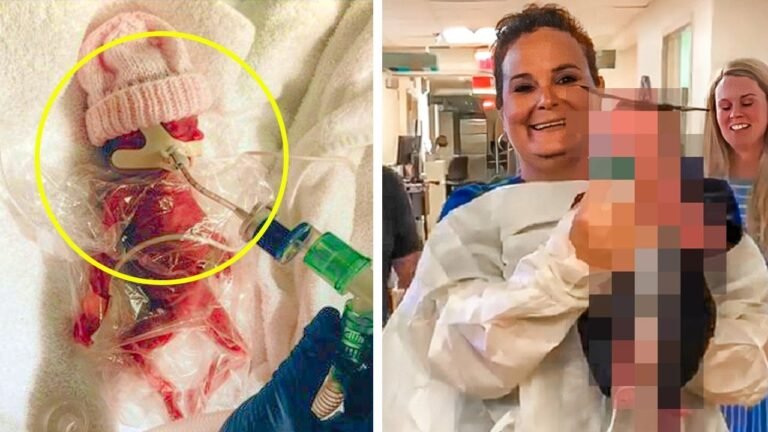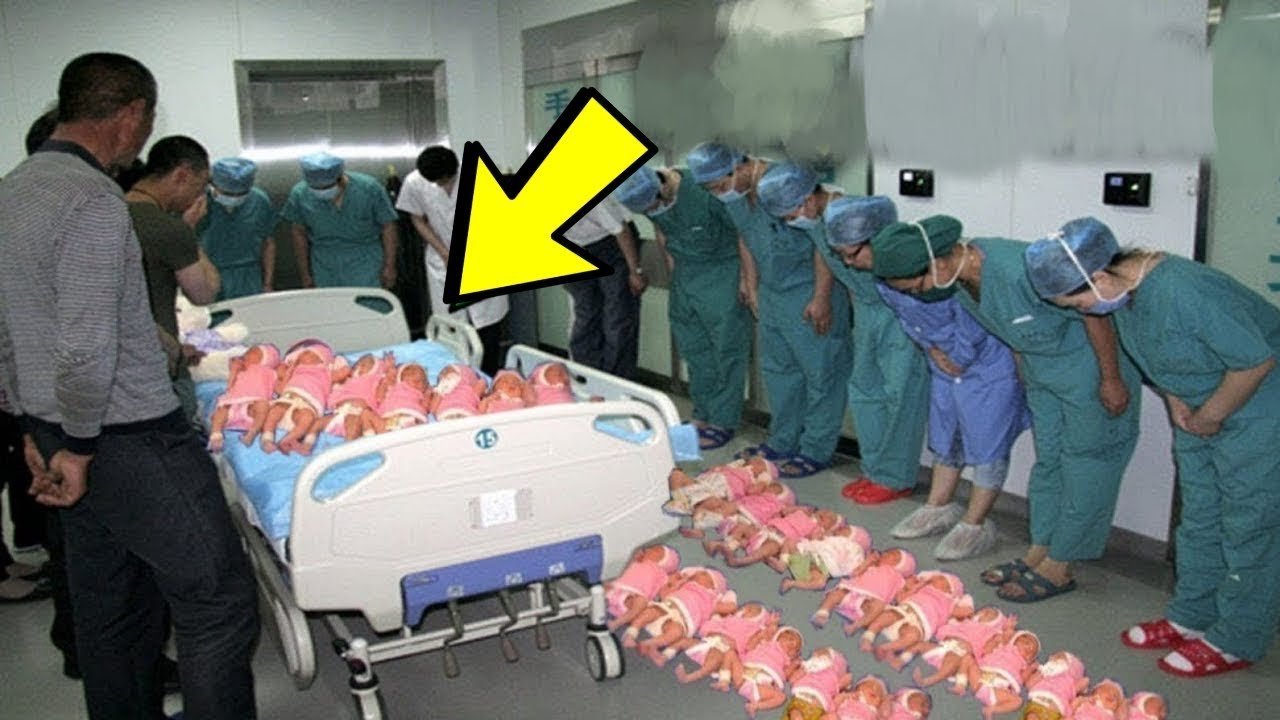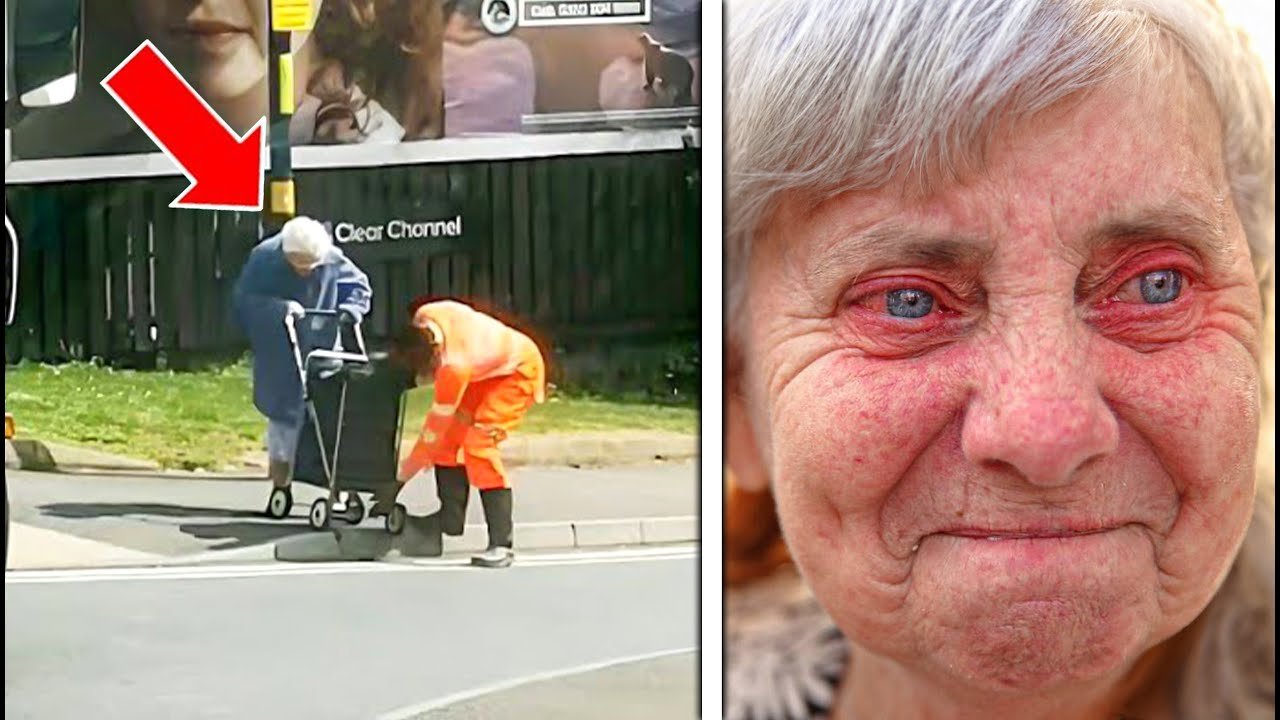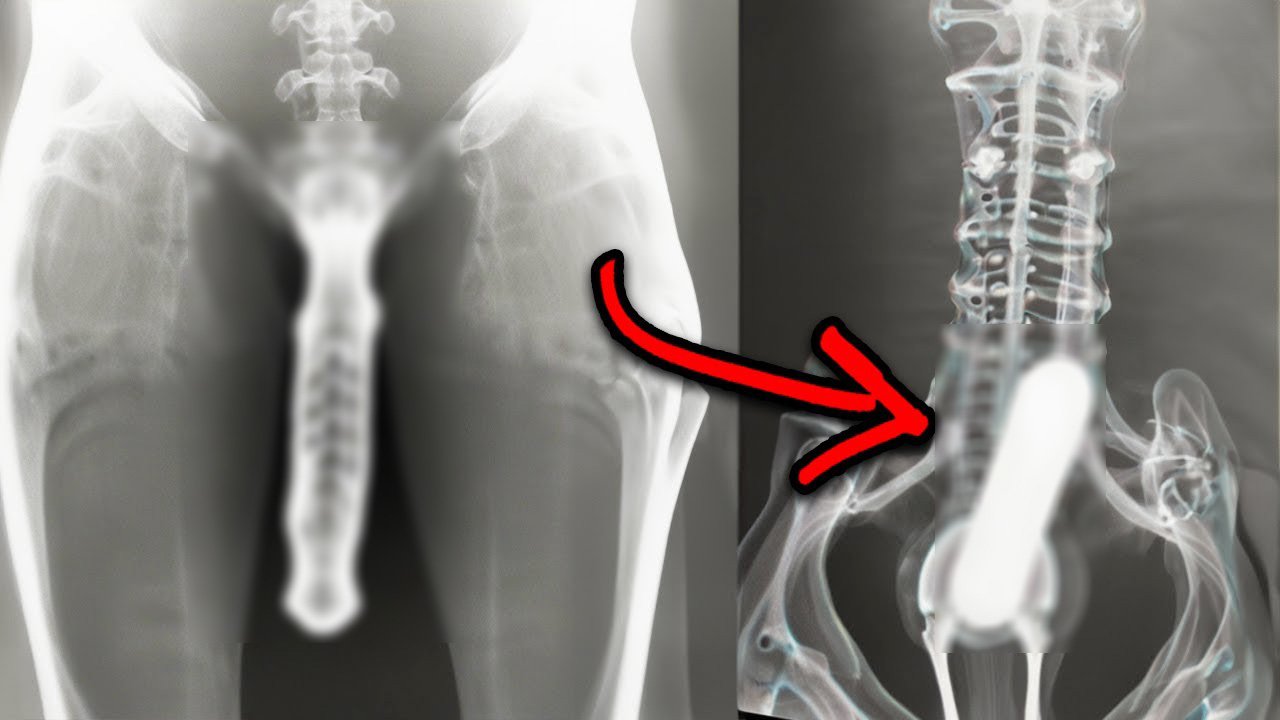Robert and Molly Potter were desperate as they searched for a hospital to care for their soon-to-be premature son, Cullen. Sixteen institutions refused to take on such a risky case, but the Potters knew deep down that it was a mistake.
For Robert and Molly, both 32 and living in Pensacola, Florida, the road to parenthood was not easy. The couple had a seven-year-old son named Kaden, but Molly had also suffered two miscarriages while trying to expand their family.
In 2018, Molly found out she was expecting again. But this pregnancy quickly proved to be just as fragile as the two previous ones. She started bleeding three months into her gestation and her doctors prescribed bed rest due to her history of miscarriages. Unfortunately, his condition only got worse.
Not only did the bleeding increase, but Molly also began experiencing labor pains way too early. At that point, she hadn’t even reached 24 weeks of her pregnancy, a critical milestone. According to doctors, after 24 weeks, the baby’s chances of survival increase significantly. Before then, the chances were slim, with only a 2% survival rate due to underdeveloped vital organs.
Molly reminded Inside Edition“I was like, he can’t come yet. It’s too small. We didn’t know if he was going to live or die. Every day we waited to see if we could make it to the next day.
Adding to their stress, the Potters’ local hospital informed them that if Cullen was born before 24 weeks, they would not be able to save him. This grim news spurred Robert into action. He began contacting other healthcare facilities looking for better options.
Robert called more than a dozen hospitals to ask, “Can you help babies born younger than 24 weeks?” » But he was rejected 16 times. Each institution cited high risk and low survival rates as reasons they could not take on the case.
But Robert refuses to give up. Eventually, he received an encouraging response from the University of South Alabama Children’s and Women’s Hospital. Although the facility was 70 miles from the Potters’ home, the staff assured them they could admit Molly and perform the emergency C-section needed to deliver baby Cullen.
According to Renee Rogers, director of the hospital’s neonatal intensive care unit (NICU), “We have been helping little babies born at 21 or 22 weeks for over a decade. The premature survival rate for babies this age is 68%, much better than the 2% chance quoted to the Potters by other hospitals.
With hope restored, Robert and Molly traveled to Mobile, Alabama, where Molly was admitted to the hospital. Doctors observed her condition for five days and discovered a life-threatening complication: Molly’s placenta had detached from the uterine wall. This detachment could have caused hemorrhage and cut off Cullen’s oxygen supply.
Despite Molly’s protests, the medical team had no choice but to perform an emergency C-section.
All of the Potters’ fears were momentarily allayed when Cullen entered the world at just 22 weeks old. He let out a scream that Robert described as “the most beautiful sound ever.” He turned to Molly and reassured her, saying, “He’s our son.” He’s going to get through this. He’s going to get there. »
But little Cullen’s fight was far from over. Weighing just 13.9 ounces, his organs and skin were so fragile that he couldn’t be held for four weeks after birth. Doctors also warned the Potters that if Cullen survived, he could face lifelong disability.
Despite these challenges, the Potters remained determined to fight for their son. The NICU nurses and doctors provided exceptional care, while Molly dealt with the emotional weight of the situation. “What kept me going was just knowing that Cullen needed me,” she shared with The Washington Post.
After six long months of traveling from Florida to Alabama to visit Cullen in the NICU, the Potters finally received the news they had been waiting for: Cullen was strong enough to go home. Although he would need supplemental oxygen for several months, doctors expected him to grow up healthy.
To celebrate Cullen’s incredible journey, NICU staff held a special “graduation” ceremony. Cullen’s primary care nurse, Jewel Barber, carried him across the room in a small cap and gown, which Molly had purchased at the Build-A-Bear workshop.
On August 21, 2018, Molly proudly dressed her son for the ceremony, grateful to the staff who had saved him. “To see him look like a real baby and act like a real baby and be able to come home, it just didn’t seem real,” she said. Inside Edition.
Now that their family is finally reunited, Robert and Molly have made it their mission to inspire other parents in similar situations to never give up hope. Molly encourages other parents by saying, “Cullen has proven that the technology and resources exist. We encourage other parents in our situation – high risk or not – to contact your hospital and find out what they can and cannot do.







